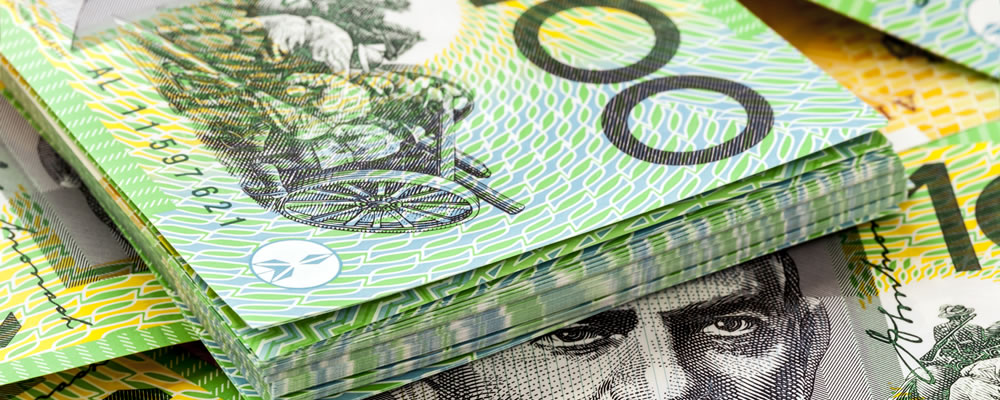Euro Australian Dollar (EUR/AUD) Exchange Rate Rises as German Economic Sentiment Highest in a Year
The Euro Australian (EUR/AUD) exchange rate has risen slightly today, and the pairing is currently trading at an inter-bank rate of AU$1.6001.
This morning, the Eurozone saw the release of a better-than-forecast German ZEW economic sentiment survey.
March’s economic sentiment rose from -13.4 to a better-than-expected -3.6, which likely buoyed the single currency as it was the highest reading since March 2018.
ZEW also reported that economic sentiment for the Eurozone as a whole rose rather than contracted further, as had been forecast.
The Eurozone saw a rise from -16.3 to -2.5, the highest level recorded since last May.
Australian Dollar (AUD) Slides as No Near-Term Interest Rate Cut or Hike from RBA
The EUR/AUD pairing rallied overnight following the release of the Reserve Bank of Australia (RBA) meeting minutes.
The minutes revealed that the central bank believed there was not a strong case for any near-term interest rate adjustment in either direction.
Within the minutes, it was noted that:
‘Members agreed to continue to assess the outlook carefully. Given that further progress in reducing unemployment and lifting inflation was a reasonable expectation, members agreed that there was not a strong case for a near-term adjustment in monetary policy. Rather, they assessed that it would be appropriate to hold the cash rate steady while new information became available that could help resolve the current tensions in the domestic economic data. Members judged that holding the stance of monetary policy unchanged at this meeting would enable the Bank to be a source of stability and confidence, and would be consistent with sustainable growth in the economy and achieving the inflation target over time.’
Australian House Prices Continue to Slide
The Australian Dollar (AUD) slipped against the Euro (EUR) during the Asian session, as data revealed that house prices in Australia slipped further than forecast.
The House Price Index slipped by a further -2.4% during 4Q 2018, with an annual contraction of -5.1%.
House prices in Australia have been falling for over a year, and the current downturn is the third largest since the early 1980s, and the second-longest downturn during this period.
Further data shows that the combination of sliding house prices and stricter lending standards have caused home sales in Sydney to fall to their lowest level in 15 years.
Euro Australian Dollar Outlook: Will the EUR/AUD Exchange Rate Rise on a Dovish RBA?
Looking ahead to tomorrow, the Australian Dollar (AUD) could continue to slide against the Euro (EUR) following a speech from the RBA’s Assistant Governor, Michele Bullock.
If Bullock has a dovish tone, and highlights the risks of the slowing global economy, it could weigh on the ‘Aussie’.
Later in the morning, the single currency could slip following the release of the German Producer Price Index.
If PPI inflation in February rises by 0.2% compared to the previous rise of 0.4% it could cause the Euro Australian Dollar (EUR/AUD) exchange rate to slip.



